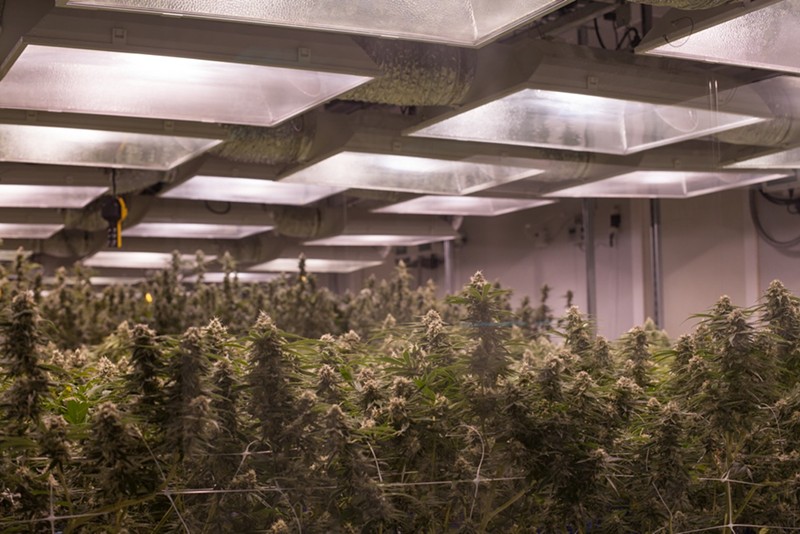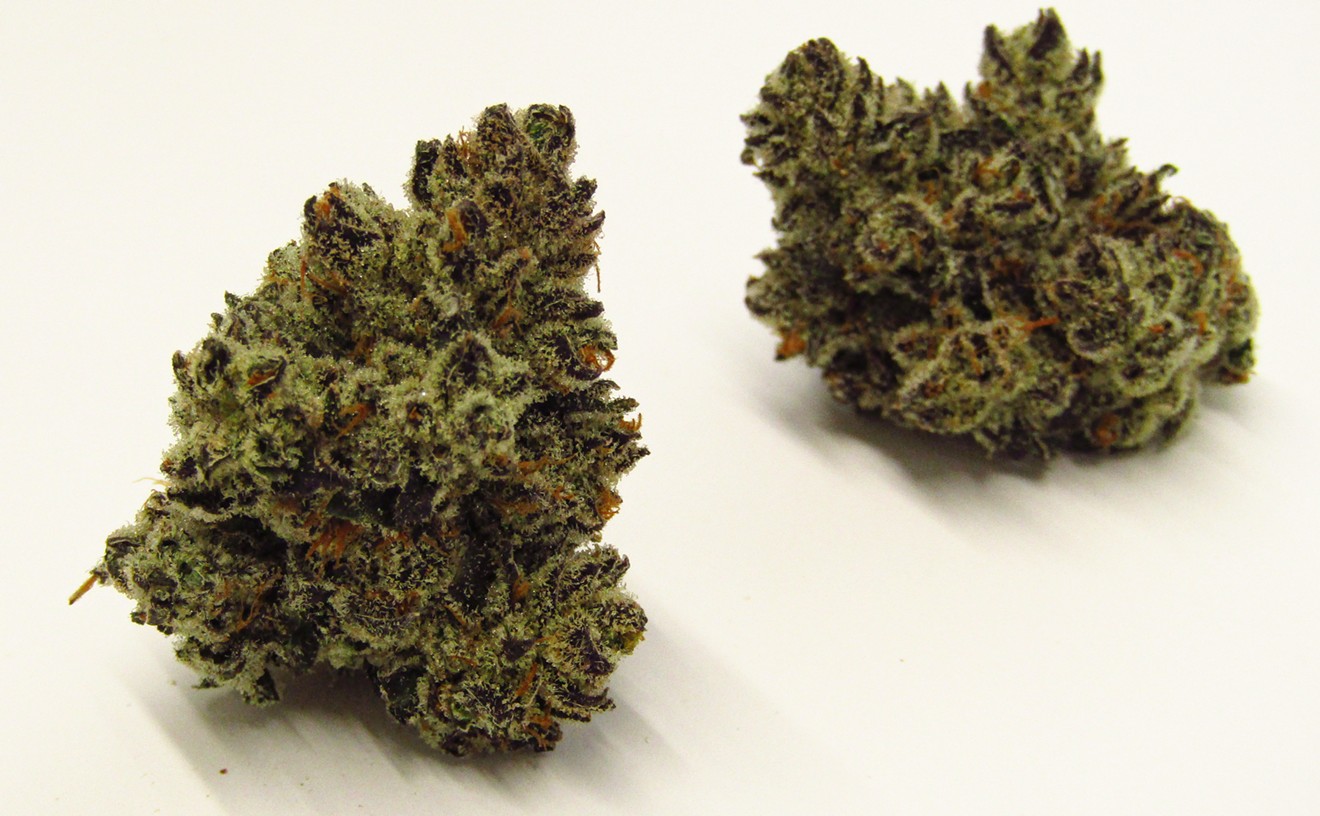The MED’s annual meetings aren’t unique to cannabis; plenty of regulatory agencies update their rules each year. But governing a federally illegal industry that is continually developing new methods for ingestion, packaging and product extraction takes a lot of work. That’s why the MED held six stakeholder meetings over the summer and into the fall, with public health and regulatory officials, industry members, law enforcement representatives and other individuals that make up Colorado’s legal cannabis picture.
On Tuesday, October 16, the MED held its last stakeholder meeting before the new rules will be officially introduced. A final draft was presented for public comment, and the MED will consider written feedback before issuing new language prior to 2019.
“Stakeholder engagement allows the department to hear and incorporate much of the stakeholder feedback into final adopted rules,” MED director Jim Burrack explains. “In addition to working in partnership with the Colorado Department of Public Health and Environment and the Colorado Department of Agriculture to develop these rules, the Department of Revenue and the MED engaged in a collaborative process with various stakeholders including public health officials, public safety and children’s advocates, law enforcement, local licensing authorities, and members of the marijuana industry.”
Although the final details were still being ironed out after the meeting, what is and isn’t being changed has largely been determined. A majority of the rule updates were required after the passage of eight cannabis-related bills by the Colorado Legislature during the 2018 session, with the official language and schedule determined during the rulemaking process. Here are four ways the pot industry is expected to change in 2019 as a result:

boonchai wedmakawand /iStock
The MED’s new regulations would require every harvest batch of medical and recreational cannabis to be tested for heavy metals, including but not limited to arsenic, cadmium, lead and mercury. While the MED says heavy-metal testing requirements have been in place for a couple of years, testing was never mandated. That could change on July 1, 2019, the date when the current draft of the new rules says additional testing would be required.
Cannabis nutrients can carry levels of the aforementioned heavy metals as well as others, which seep into the soil and subsequently accumulate in the plant. The metals aren’t limited to chemical fertilizers, points out L’Eagle cultivation director Phillip Jacobson; organic fertilizers such as fish oils and bat guano can contain them because the fish and bats may have consumed polluted air, water and food.
If the heavy-metal rules kick in, Jacobson expects quite a few cultivators around town to rethink their growing practices. Because of a lack of both regulation and research, many growers simply don’t know about the residual metals left from nutrients they’re using. Jacobson suggests: “Go to the California and Washington [departments of agriculture] websites, and see what’s inside what you’re using.”
Nasal Sprays, Inhalers and Suppositories
Producers of cannabis-infused nasal sprays, inhalers and suppositories were concerned back in July, when the MED was suggesting that those “non-conforming” products would soon have to adhere to FDA-like standards of efficacy, and could be kicked off dispensary shelves for months or even years as manufactures got their facilities and manufacturing plans approved. After stakeholder engagement, however, the MED decided to instead label such products as “audited” and “alternative-use.” If the new language is adopted, they’ll have to be inspected and approved by an independent, certified quality audit or Good Manufacturing Practices auditor before gaining MED approval.
Waste Recycling
Believe it or not, cannabis has value beyond its buds and leaves. For example, both marijuana and hemp stalks can be recycled for their pulp and fibers, which can then be used to help make extremely efficient and durable building materials, paper, clothing and more. However, licensed cannabis cultivators were barred from attempting to recycle any waste from their plants, including the stalks and stems, until HB 187 passed and became law this summer, giving the MED the authority to allow cannabis growers to “transfer marijuana fibrous waste to a person for the purpose of producing only industrial fiber products.” Since the bill passed, this new rule will definitely be adopted, even if the fine print changes a little.
No More Vertical Integration
In a requirement known as “vertical integration,” medical dispensaries have been responsible for sourcing at least 70 percent of their products internally, meaning at least 70 percent of the flower and infused-products at a medical shop must come from plants grown in-house. But this session, the legislature approved HB 1381, which will allow medical dispensaries to gradually get more products from wholesalers. Once implemented, the law will allow medical shops to go from a 70 percent rate of required in-house products to 50 percent; ultimately, the requirement will be eliminated entirely. This change was made to align with the retail code, which already allows recreational dispensaries to source all of their products from wholesalers if they choose to do so. Does that suggest that all of your medical products will soon be wholesale? Not necessarily — those cultivations already in place will still be providing products — but you can expect a greater selection once the rule takes effect.















